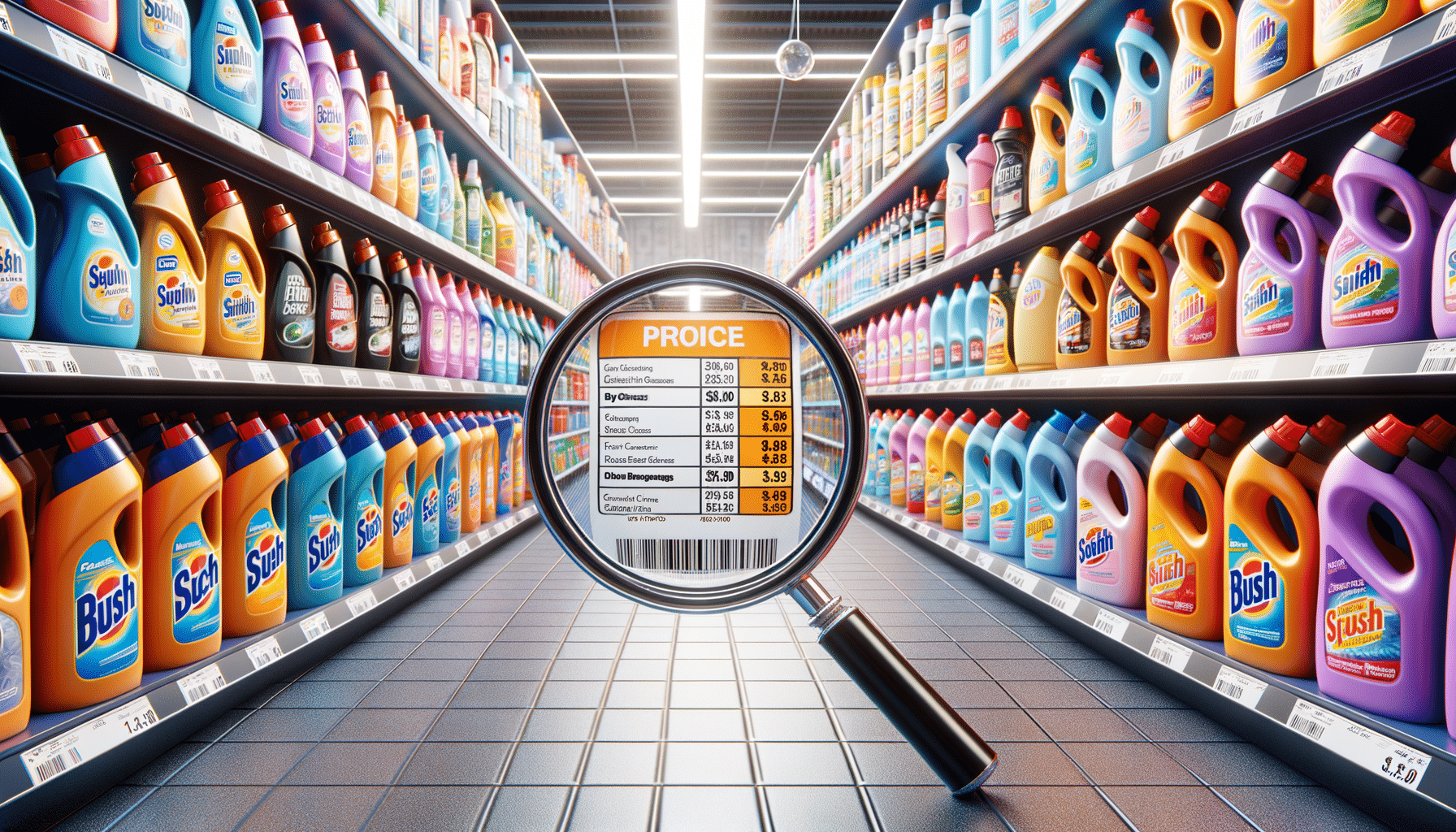
Your Expert Guide to Comparing Floor Cleaner Prices
Understanding the Factors Influencing Floor Cleaner Prices
When diving into the world of floor cleaners, it’s essential to understand the myriad of factors that influence their prices. These factors range from the ingredients used to the brand reputation and packaging. Firstly, the composition of the cleaner plays a significant role. Products with natural or eco-friendly ingredients tend to be priced higher due to the cost of sourcing these components. On the other hand, synthetic cleaners might be more affordable but could lack certain desirable qualities, such as being non-toxic or biodegradable.
Brand reputation is another key player. Renowned brands often command higher prices, leveraging their established trust and perceived quality. However, lesser-known brands might offer competitive pricing to attract new customers. It’s crucial to weigh the brand’s reputation against your specific needs and preferences.
Moreover, packaging size and design can impact pricing. Bulk purchases might offer better value per unit but require a larger upfront investment. Conversely, smaller packages might be more convenient but come with a higher price per ounce. Understanding these factors will enable you to make informed decisions tailored to your budget and cleaning requirements.
Comparing Different Types of Floor Cleaners
Floor cleaners come in various types, each designed to tackle specific cleaning tasks. The most common types include all-purpose cleaners, specialized cleaners for hardwood or tile, and eco-friendly options. All-purpose cleaners are versatile and often reasonably priced, making them a popular choice for general cleaning needs. However, they may not be as effective on stubborn stains or specific floor types.
Specialized cleaners, such as those for hardwood or tile, are formulated to protect and enhance the natural beauty of these surfaces. While they might be priced higher than all-purpose cleaners, their targeted action can save you money in the long run by preserving your floor’s condition. It’s worth investing in these if you have specific flooring materials that require extra care.
Eco-friendly cleaners are gaining popularity, driven by increasing environmental awareness. These products often feature biodegradable ingredients and recyclable packaging, justifying their premium pricing. Choosing an eco-friendly cleaner not only benefits the planet but also ensures a safer environment for your family.
The Role of Market Trends in Pricing
Market trends significantly influence floor cleaner prices. As consumer preferences shift towards sustainable and health-conscious products, manufacturers are adapting by introducing innovative formulas. This trend can lead to price fluctuations, as new ingredients and technologies are incorporated into products.
Additionally, economic factors such as inflation and supply chain disruptions can impact pricing. During times of economic uncertainty, manufacturers might adjust their prices to accommodate increased production costs. Staying informed about market trends can help you anticipate price changes and make timely purchases.
Moreover, seasonal promotions and discounts are common in the cleaning product industry. Retailers often offer deals during spring cleaning or holiday seasons, providing opportunities to stock up at reduced prices. Keeping an eye on these trends can help you maximize your budget while maintaining a clean home.
Cost-Effectiveness and Long-Term Value
When evaluating floor cleaner prices, it’s essential to consider cost-effectiveness and long-term value. A product’s initial price might not reflect its true value if it requires frequent reapplication or fails to deliver satisfactory results. Investing in a slightly more expensive cleaner that offers superior cleaning power and longevity could prove more economical in the long run.
Consider the cleaner’s concentration level. Highly concentrated formulas might have a higher upfront cost but require less product per use, extending their lifespan and reducing overall expenses. Additionally, multi-purpose cleaners that serve various functions can eliminate the need for multiple products, saving both money and storage space.
Customer reviews and expert recommendations can provide valuable insights into a cleaner’s performance and cost-effectiveness. By prioritizing long-term value over initial cost, you can ensure a wise investment that keeps your floors pristine and your wallet happy.
Practical Tips for Making Informed Purchases
To navigate the floor cleaner market effectively, it’s beneficial to adopt a methodical approach to purchasing. Start by identifying your specific cleaning needs and preferences. This includes considering the types of floors you have, any allergies or sensitivities, and your environmental values.
Next, conduct thorough research on available products. Compare prices across different retailers and look for customer reviews to gauge satisfaction and performance. Online platforms and forums can be valuable resources for gathering unbiased opinions and recommendations.
Don’t hesitate to take advantage of trial sizes or sample packs, allowing you to test a product’s effectiveness without committing to a full-sized purchase. Additionally, joining loyalty programs or subscribing to newsletters from retailers can provide access to exclusive discounts and promotions.
By following these practical tips, you can make informed decisions that align with your budget and cleaning goals, ensuring your floors remain spotless without breaking the bank.

